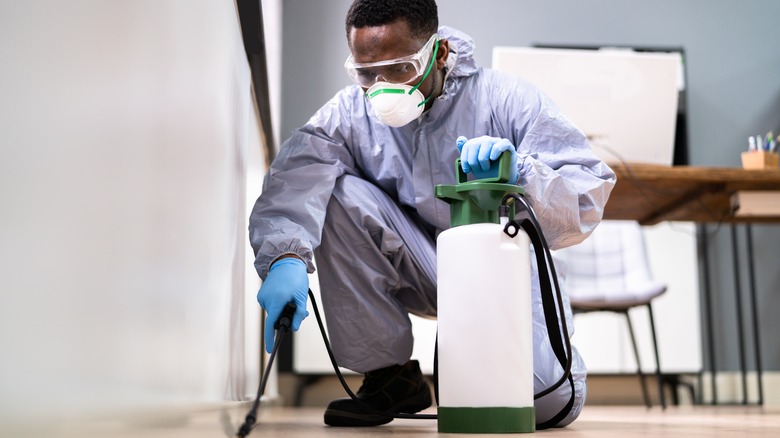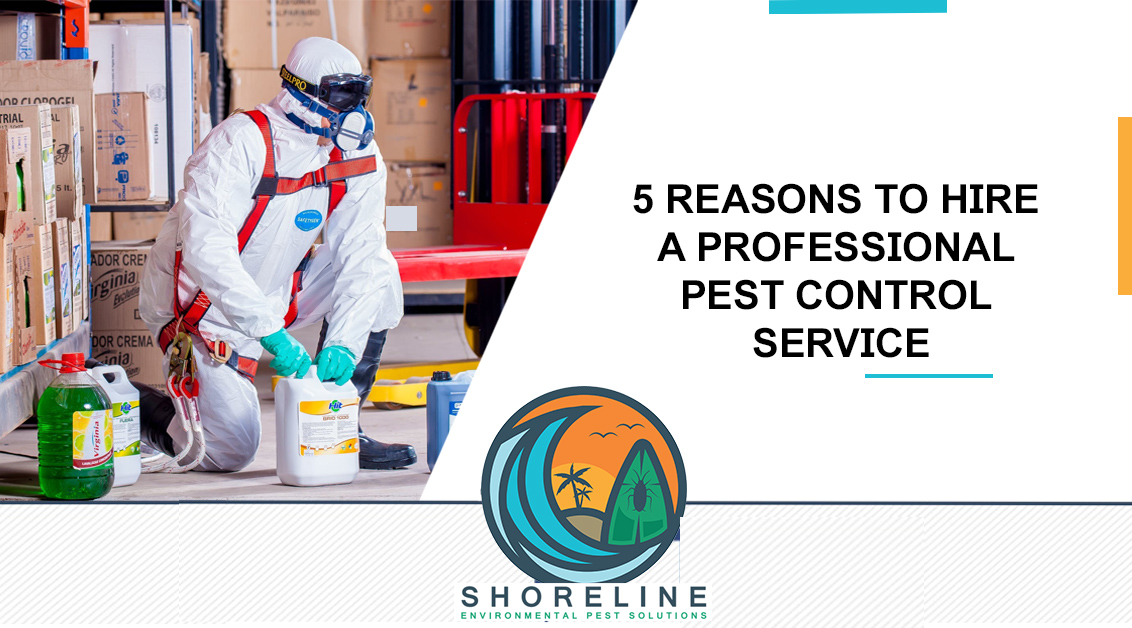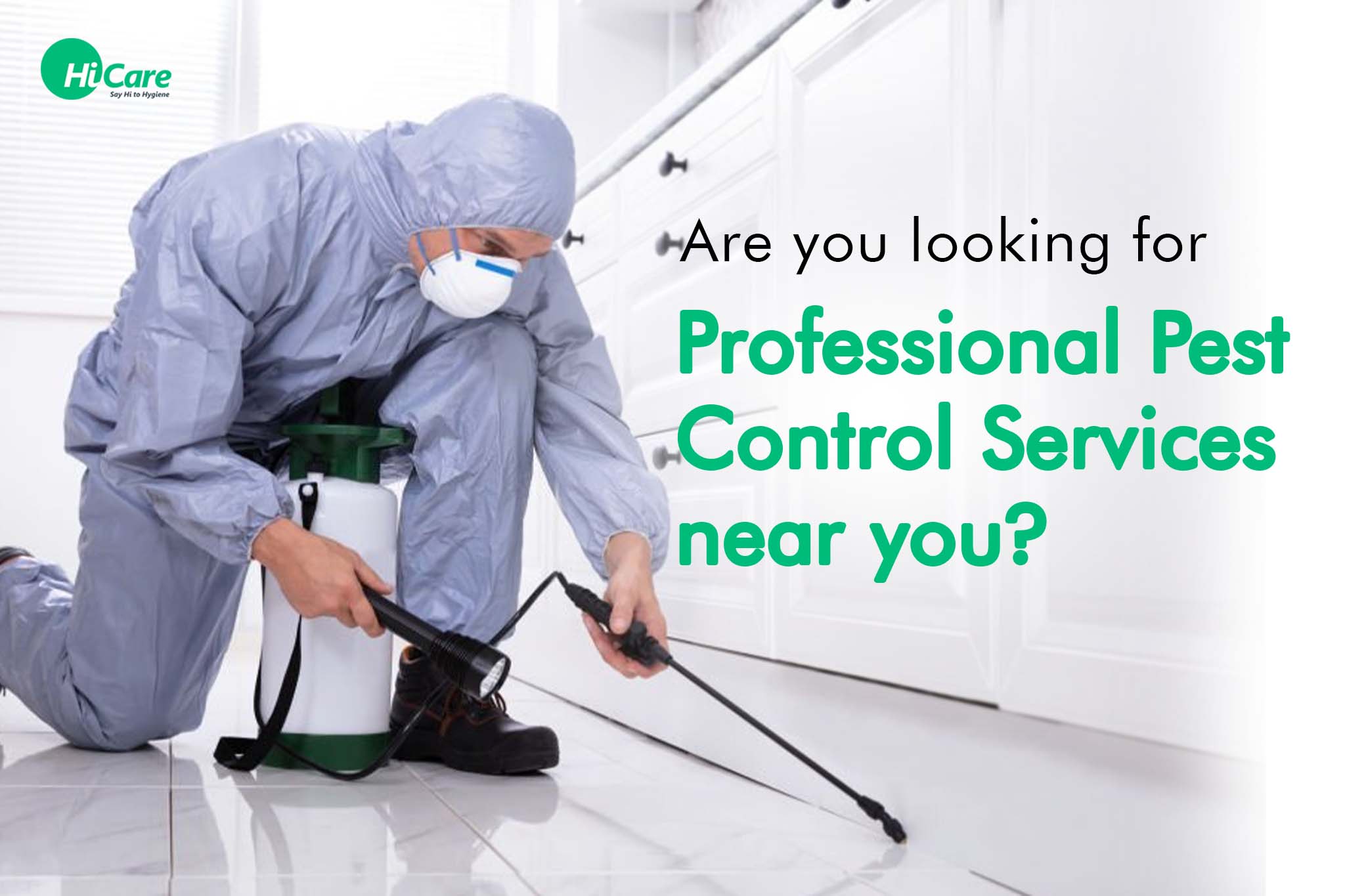Pest Control Clovis: Remove Pests Finally
Pest Control Clovis: Remove Pests Finally
Blog Article
Understanding the Different Approaches to Insect Control: A Comprehensive Guide

Natural Pest Control Techniques
Employing eco-friendly techniques such as friend growing and biological bug control is crucial for properly handling parasites in farming settings. Buddy planting entails expanding various crops in proximity to hinder insects, improve nutrient uptake, and boost general plant wellness.
Organic pest control entails presenting all-natural predators or microorganisms to manage pest populations. Ladybugs, as an example, prey on aphids, controlling their numbers without the requirement for chemical pesticides. An additional instance is the use of Bacillus thuringiensis (Bt), a bacterium that targets particular insect pests while being safe to humans, pets, and beneficial bugs.
These green techniques not just decrease the dependence on synthetic pesticides yet additionally aid maintain biodiversity and dirt health and wellness. By incorporating natural insect control techniques right into agricultural practices, farmers can accomplish lasting bug monitoring while reducing adverse influence on the setting.

Chemical Insect Control Solutions
In addition to all-natural pest control techniques, the use of chemical insect control remedies plays a significant duty in effectively handling pest populaces in agricultural settings. Chemical pest control remedies are developed to target certain parasites that might trigger comprehensive damage to plants. These solutions typically consist of artificial pesticides that are designed to eradicate insects quickly and successfully.
Among the vital advantages of chemical insect control options is their performance in controlling insect infestations on a huge range. Farmers can apply these services making use of different approaches such as splashing, airing out, or seed therapy to shield their plants from dangerous pests, weeds, and diseases. Additionally, chemical parasite control remedies are fairly easy to use and can supply quick results, aiding farmers protect their yields and minimize financial losses.
Nevertheless, it is necessary to use chemical parasite control options judiciously to decrease potential adverse influences on the environment, non-target microorganisms, and human wellness. Appropriate application strategies, adherence to safety standards, and normal tracking are critical to guarantee the accountable use chemical bug control remedies in farming techniques.
Biological Parasite Control Approaches
Organic pest control comes close to utilize all-natural predators or virus to handle parasite populations in farming settings effectively. One common organic control strategy is the introduction of natural adversaries, such as ladybugs or parasitical wasps, to target particular pests.
One more biological control approach involves making use of virus like bacteria, infections, or fungi to contaminate and kill bugs. Overall, biological insect control methods provide a sustainable and targeted remedy to pest directory monitoring in farming.
Integrated Bug Management (IPM)
Integrated Insect Monitoring (IPM) is a detailed method that combines numerous insect control methods to successfully handle and reduce pest populations in agricultural systems. IPM focuses on long-term avoidance of pests via a mix of biological, cultural, physical, and chemical control methods. By incorporating these different approaches, IPM aims to lower reliance on chemical pesticides, lessen environmental influence, and promote sustainable parasite management techniques.
One secret facet of IPM is making use of organic controls such as natural predators, parasites, and microorganisms to regulate insect populaces. This technique harnesses the power of nature to preserve a balance between pests and their natural opponents without triggering harm to the environment.
Additionally, IPM involves social techniques like plant turning, environment, and cleanliness control to create negative conditions for insects and disrupt their life process. Physical controls such as composts, barriers, and catches are additionally utilized to avoid insect infestations.
Physical and mechanical Insect Control Methods
Using non-chemical techniques, such as physical and mechanical bug control techniques, is a vital aspect of comprehensive pest monitoring approaches, building on the structure of Integrated Insect Monitoring's alternative strategy. Mechanical parasite control includes the usage of physical barriers or catches to avoid insects from accessing and harming crops or structures. This approach can include methods like setting up displays on windows, utilizing row covers in agriculture, or utilizing go to these guys sticky catches to capture pests.
Physical parasite control approaches, on the other hand, concentrate on straight eliminating bugs with physical means. Utilizing warmth treatments to eradicate bed bugs or vacuuming up bugs like crawlers or ants can be reliable ways to handle invasions without the usage of chemicals. By including these mechanical and physical pest control techniques into an Integrated Insect Monitoring strategy, specialists and people can decrease reliance on chemicals while still successfully managing pest populations and minimizing damage.
Conclusion

In enhancement to all-natural parasite control methods, the utilization of chemical insect control remedies plays a substantial function in efficiently managing pest populaces in farming atmospheres.One of the essential benefits of chemical bug control solutions is their efficiency in controlling pest infestations on a large scale.Integrated Parasite Monitoring (IPM) is an extensive method that combines different pest control techniques to properly handle and reduce pest populations in farming systems.Utilizing non-chemical methods, such as physical and mechanical insect control strategies, is a vital facet of extensive parasite monitoring techniques, constructing upon the foundation of Integrated Parasite Management's alternative strategy. By incorporating these mechanical and physical pest control strategies into an Integrated Insect Administration plan, experts and individuals can minimize dependence on chemicals while still efficiently managing pest populations and lessening damages.
Report this page